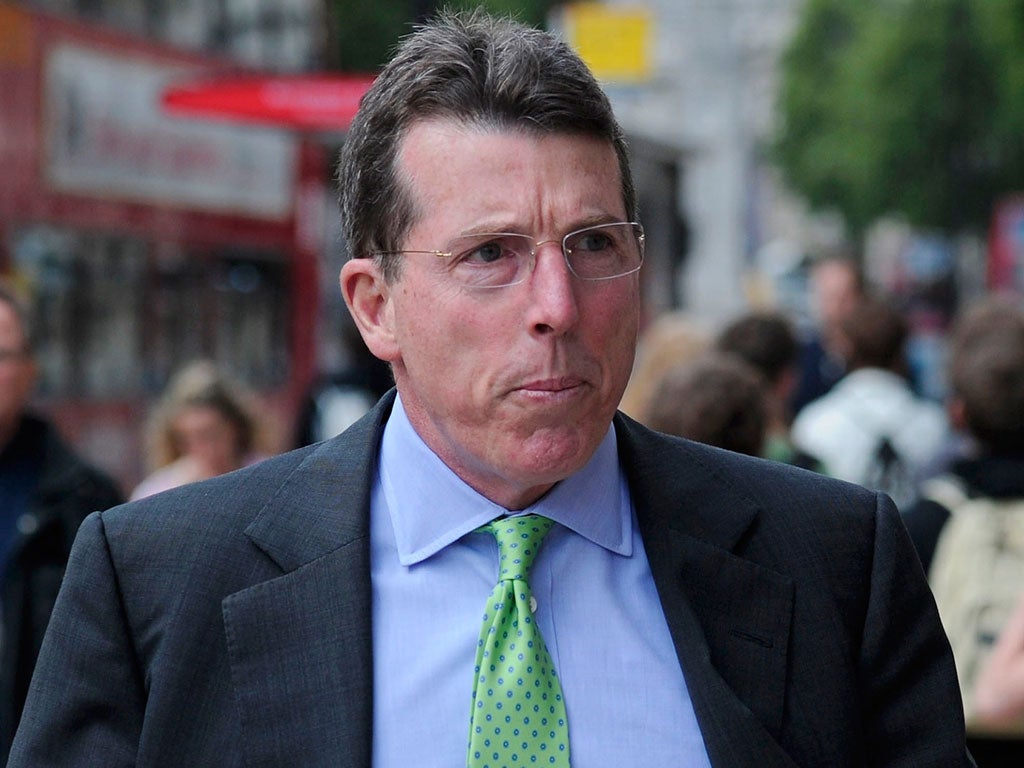'What did Bob Diamond know?' David Cameron and George Osborne go on the attack

David Cameron and George Osborne rounded on the Barclays boss Bob Diamond yesterday warning that responsibility for his bank's wrongdoing went "to the very top" of the organisation.
In the Commons, the Chancellor said what had happened at Barclays was "completely unacceptable" and "symptomatic of a financial system that elevated greed above all" and had brought the economy "to its knees".
Of Mr Diamond, he said: "What did he know and when did he know it? Who in the Barclays management was involved and who therefore should pay the price? We all want to hear his answers."
Vince Cable, the Business Secretary, even raised the possibility of Mr Diamond being barred from running a company in future, if he proved to be significantly culpable. "There are last resort powers of director disqualification," he told MPs on the Business, Innovation and Skills committee. "That certainly is a sanction open to us."
He added, however, that it was "premature to decide what exactly should happen to Mr Diamond, whether it is in respect of his pay or tenure or any other aspect".
The Prime Minister said that Mr Diamond had "very serious questions to answer" in wake of the interest-rate fixing scandal, and that Barclays needed to "rapidly" determine who was "going to be held accountable for it".
Mr Diamond has been summoned to appear before the Treasury Select Committee to answer questions about the scandal. Its chairman, Andrew Tyrie, said: "The price-setting mechanism of Libor is crucial to the integrity of the markets," he said. "This appears to have been put at risk. From the information I have, it looks inexcusable."
In his urgent Commons statement, Mr Osborne revealed that "a number of individuals" were under formal investigation by the Financial Services Authority and the number was expected to rise. He added that there were ongoing discussions between the FSA and the Serious Fraud Office about possible criminal investigations.
It also emerged that Barclays and other banks may have used their manipulation of borrowing rates to hoodwink the Treasury at the height of the financial crisis – making officials believe they were more solvent than they were.
The former Chancellor, Alistair Darling, said that the Libor rate was one of the key indicators used by the Treasury to assess the strength of banks at the height of the 2008 crisis but that he now realised the measure was seriously flawed.
"At the moment I don't know if that happened but if it did it would have compounded an already difficult situation," he said. "If you can't trust banks on something as basic as this, what confidence can you have in them. The whole thing stinks. The banking industry needs this news like a hole in the head and they have only themselves to blame."
The Labour leader Ed Miliband called for criminal prosecutions.
"When ordinary people break the law, they face charges, prosecution and punishment. We need to know who knew what when, and criminal prosecutions should follow against those who broke the law," he said. "This cannot be about a slap on the wrist, a fine and the forgoing of bonuses."
Although no political leaders has yet directly called on Mr Diamond to resign, that may change if he does not decide to quit of his own accord or provide convincing evidence he had know knowledge of the failures at the bank.
Others suggested it might be necessary to have a "Leveson style" inquiry into the failing of the banking sector.
"I think today this is a real game-changer," said the Conservative MP Mark Garnier, who sits on the Treasury Select Committee. "It seems now there has been what is tantamount to criminal activity. I think people will demand a much, much deeper inquiry into what is going on. I think it's incumbent on the Treasury Select Committee to start this process but I do think we may be heading to something like Leveson."
But there was also political recrimination about who could be blamed for letting the situation arise.
Mr Osborne blamed lax banking regulation under the last Labour Government and said the Treasury was reviewing the Libor scheme.
The Tories pointed out that the Shadow Chancellor Ed Balls had said when in Government that: "Nothing should be done to put at risk a light-touch, risk-based regulatory regime".
However, Labour hit back that as Shadow Chancellor Mr Osborne had also opposed more stringent banking regulation.
Subscribe to Independent Premium to bookmark this article
Want to bookmark your favourite articles and stories to read or reference later? Start your Independent Premium subscription today.

Join our commenting forum
Join thought-provoking conversations, follow other Independent readers and see their replies